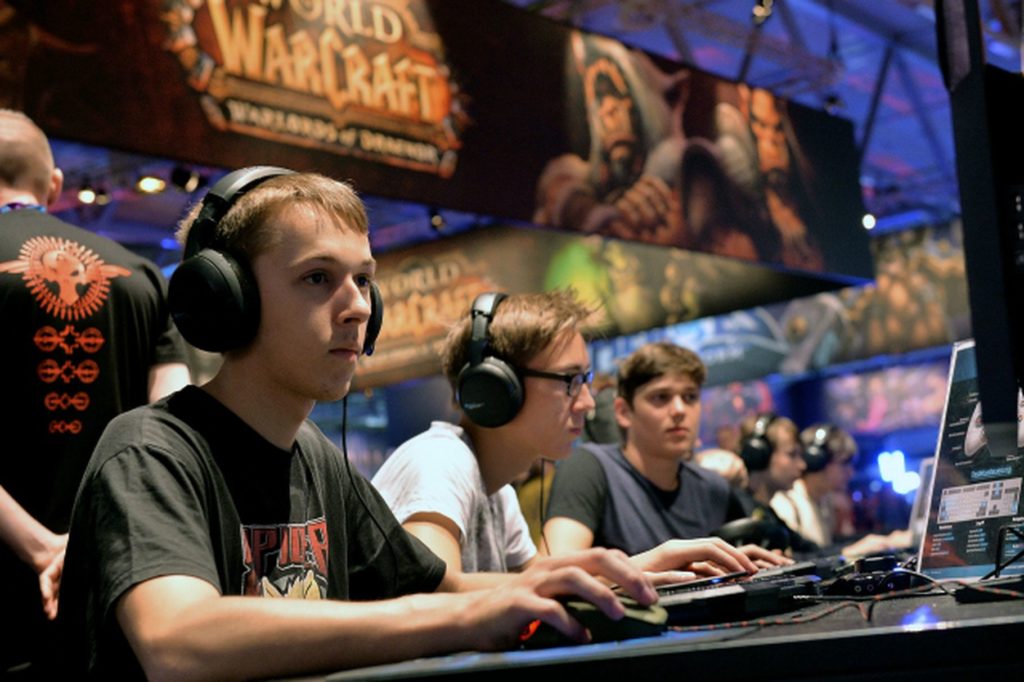Royal Mail has issued a set of 12 new stamps celebrating “the joy of gaming with pioneering and influential UK-designed games from the 1980s and 90s”.

Developed in conjunction with video game industry representatives and UK games industry trade body Ukie, the set includes four stamps presented in a “Miniature-Sheet”, that “chart the evolution of the iconic Tomb Raider game and its archaeologist adventurer, Lara Croft”, as well as eight further stamps celebrating other notable British franchises, including Elite, Dizzy, Populous, Lemmings, Micro Machines, Sensible Soccer, Wipeout, and Worms.





